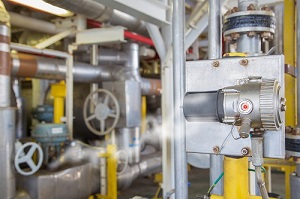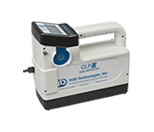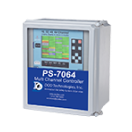
If you do any type of work in a closed space with equipment that gives off emissions, there’s the risk of fumes posing a health hazard. The hazards can range from just getting headaches or feeling nauseous to a fire or explosion if the gas is combustible to a real risk of asphyxiation or sustaining lung and even brain damage. That is why you must have a reliable portable gas detector, but the question is, what type should you buy? Here are some general guidelines.
Model Your Choice to Your Environment
There’s no one-size-fits-all portable gas detection equipment that will meet every need. Every dependable model has its strengths and while it may not have any weaknesses, you should get a model that specializes in the type of gas or emissions you will end up working the most with. If your job possesses a lot of different types of emissions hazards, you may need to consider more than one type of portable gas leak detector.
Sensors
Before deciding on a sensor or type of gas detection equipment, you should perform a hazard assessment. The results of that will help you determine the type of gas detector you need. At the minimum, your detectors should be able to detect Hydrogen Sulfide, Lower Explosive Limit, Carbon Monoxide and Oxygen. You also may want to consider getting equipment that can detect Ammonia, Chlorine, Sulfur Dioxide, Nitrogen Dioxide, Phosphine and Cyanide. If the types of gasses you encounter vary widely from job site to job site, you should consider getting a detector with a chemosorption sensor and several gas specific sensors.
Ease of Use
One very important aspect of your device, no matter what you need to detect, is ease of use. If the detector is too complicated, the temptation will be by your workers to avoid using it, which could have deadly consequences. If your workers function in a very confined space, ease of use is critical.
Alarms
Work areas can be incredibly noisy, so making sure your workers can hear the detector’s alarm is also very important. If the alarm is not loud enough, it might be too late before anyone realizes there is a problem.
Ideally, the portable gas detector you select will never go off except when you are testing it. That, however, is not very likely. Making sure you select the most suitable detector for the type of work you and your workers do just might save your lives.






